Although pool heaters were once thought to be a “cool” added feature for your pool, they have now become almost a necessity. Pool owners are trying to stretch their pool season as long as possible and with the help of pool heaters, they now can. However, purchasing the wrong type of heater can create an unanticipated hassle for pool equipment, family, and pockets.
After selling hundreds of pool heaters last season, we became a lot more aware of the different questions and concerns pool owners have prior to making such a large purchase. Hopefully after reading our blog, you will have the necessary information to make an informed decision about the type of heater you want based on your pool needs and preferences.
Standard/Residential

Standard residential heaters were created for pool applications at sea level. Residential pool heaters were intended to operate less than commercial heaters and at a lower workload demand. In essence, residential pool owners do not run their pool heaters 24/7. As a result, the heaters are designed accordingly, reducing the overall cost.
Commercial/ASME

Heaters designed specifically for commercial use are rated by the American Society of Material Engineers (ASME). Unlike residential heaters, commercial heaters are prone to be used everyday, all day.Because of this, ASME heaters were designed and constructed using more durable material to handle the high demands. Commercial pools that do not use an ASME rated heater run the risk of damaging the heater and it also becomes a safety issue for the property and swimmers.
Lo-Nox
Before purchasing a heater, a pool owner should become more acquainted with their state health and safety codes. Lo-Nox heaters are a more environmentally safe way to heat your pool. They are designed using combustion control to minimize levels of nitrogen-oxide (Lo-Nox). They are built to control the amount of emissions released from the heater. Lo-Nox heaters also complies with California Air Quality Emissions Standards and qualify for state rebates as well.
High- Altitude Heaters

All gas appliances, including pool heaters, need fresh air containing oxygen for complete combustion. During the design process, the fuel flow rate is balanced with available oxygen at sea level. The higher you go above sea level, the less oxygen is in the air.
Before purchasing a heater, please check to see if you are located at or above sea level. Pool owners located above sea level must purchase a high altitude heater. Failing to do so will cause your heater to act in a defective manner. The issue, in this case, is not the heater but the low oxygen levels.
Cupro-nickel (Heat Exchanger)

Cupro-nickel is an alloy of copper that contains nickel and other strengthening elements. Because of this, it is highly resistant to corrosion in salt water. Pool heaters with a cupro-nickel heat exchanger are recommended for customers with a salt pool. Using one with a cupro-nickel heat exchanger will extend the life of your heater.
Gas Type: Natural Gas (NG) v. Propane (LP)

Pool heaters can use two different types of gas: natural gas or liquid propane. Pool owners should verify which gas is currently running through their house. That will usually dictate which gas type you will need to purchase.
Natural gas tends to be a more cost efficient alternative to propane. However, because natural gas is considered a greenhouse gas, occurring in nature as a mix of methane and other gases, it is more harmful to our atmosphere than propane.
One of the benefits of using propane is that it does not harm our environment if released. It is a non-toxic by product of petroleum and natural gas processing. It provides more energy per unit of volume than natural gas, therefore it tends to be more expensive than natural gas
Ignition Type: Electronic v. Millivolt
Residential pool heaters are available in two different ignition styles, electronic or millivolt. The differences between the two should be noted and taken into consideration before making a purchase.
Electronic Ignition
Pool heaters with an electronic ignition are designed so that it only generates a pilot when there is a call for heat. Keeping the sensors active requires power. Therefore, power must be wired to the unit itself.
Advantages
- Only use fuel when necessary
- If the pilot is extinguished during startup, it will automatically restart
- 24 V power permits the use of digital circuitry, providing more sophisticated control capabilities
- Temperature control is easy and accurate
Disadvantages
- Always a call for small amounts of power (about 1 amp)
- Millivolt is no longer allowed with NG in certain areas because of concerns about fuel usage when the unit is not firing
Millivolt Ignition

Pool heaters with a millivolt ignition are designed with a constant pilot, sitting below a small generator. The generator uses the heat of the pilot flame to generate small amounts of power. This power is then used to operate the rest of the system.
Advantages
- No electrical power needs to be supplied to the heater
- Can be placed in areas where no electrical service is readily at hand
Disadvantages
- You are always using a small amount of fuel
- Wind buffeting can cause the pilot to be extinguished and must be re-lit.
- More difficult to accurately set the temperature controls

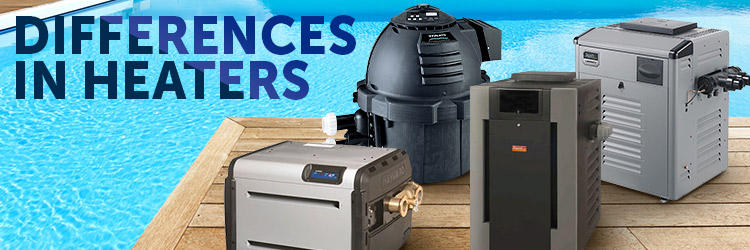


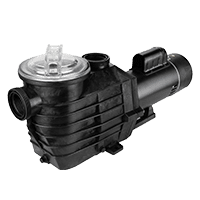
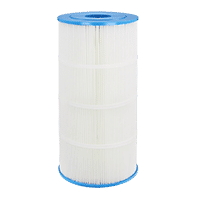
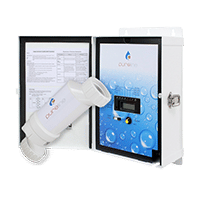
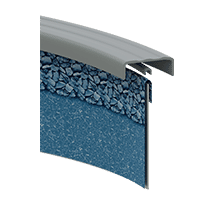
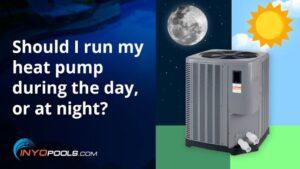

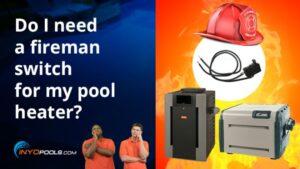
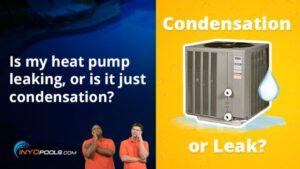
Leave a Reply